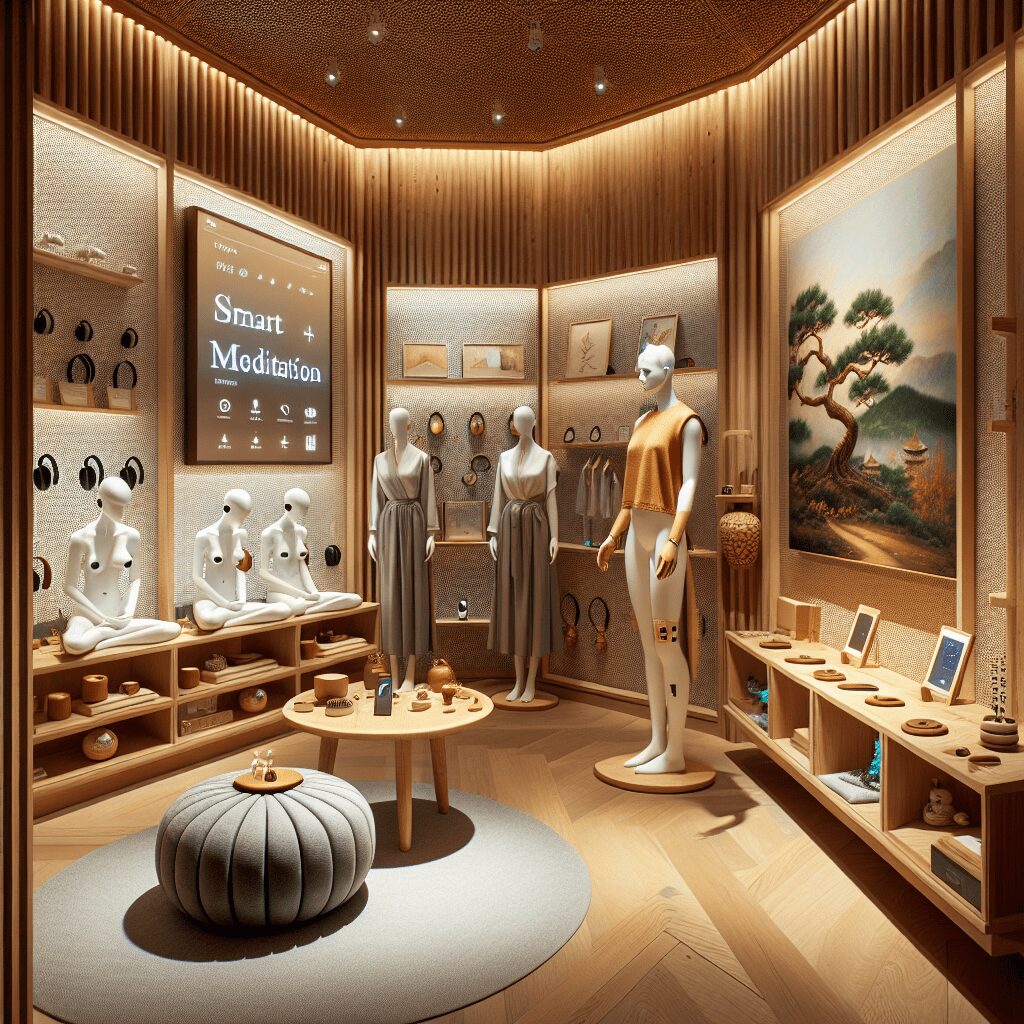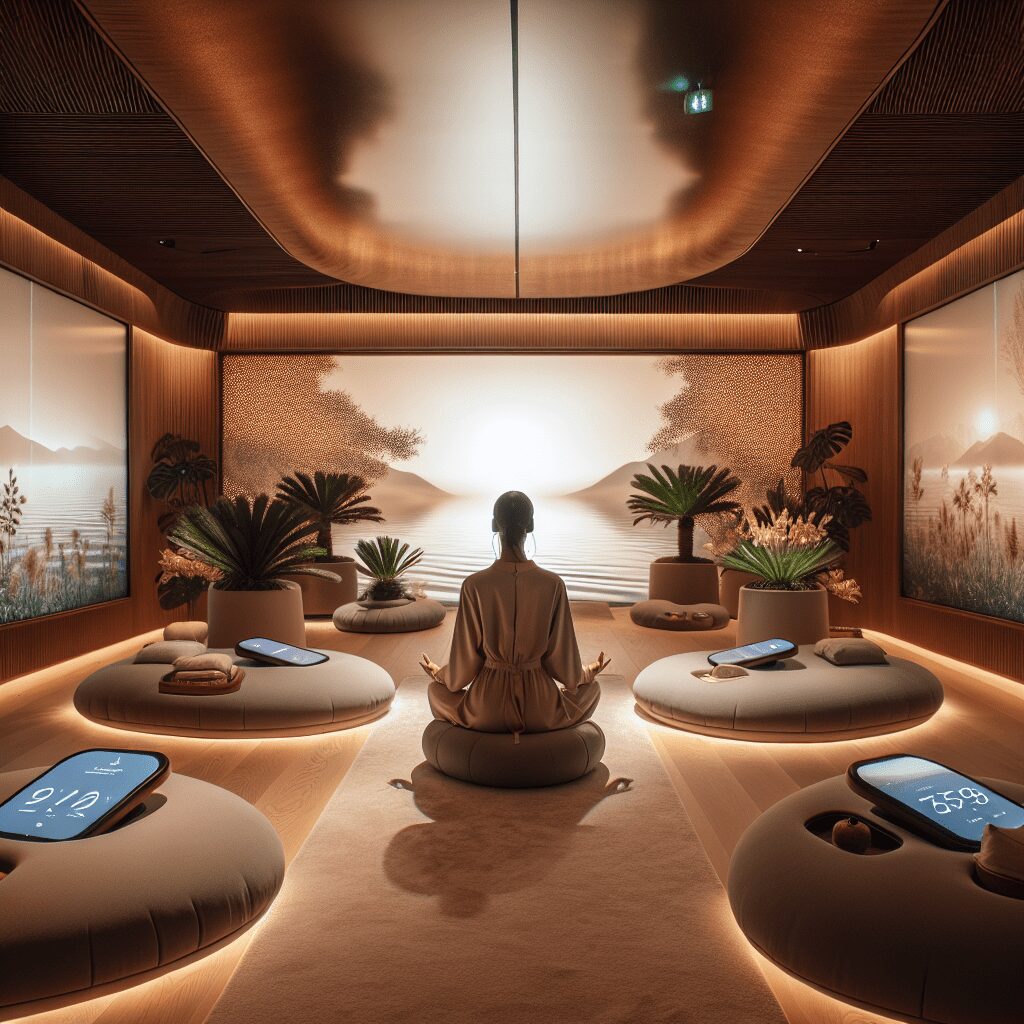
Prioritize your mental well-being daily. Enhance your life by nurturing your mental health with the Smart Meditation app. Break free from stress, alleviate anxiety, and enhance your sleep quality starting today.
Can Social Media Cause Depression And Anxiety?
Navigating the Maze: Social Media’s Impact on Mental Health
In the digital age, social media has become the town square of the 21st century, a bustling crossroads where ideas are exchanged, connections are forged, and life’s milestones are showcased. But beneath the surface of these glittering exchanges lies a more complex and sometimes darker reality. The omnipresence of platforms like Facebook, Instagram, and Twitter has given rise to a critical question: Can social media cause depression and anxiety?
The Double-Edged Sword: Understanding the Connection
On the one hand, social media has the remarkable ability to bring people together, bridging geographical divides and allowing for the sharing of thoughts, feelings, and experiences. However, on the flip side, the very characteristics that make these platforms engaging can also sow the seeds of mental unrest. Let’s unpack this conundrum.
-
The Comparison Trap: You’ve probably heard the saying, “Comparison is the thief of joy.” Well, social media practically serves this up on a silver platter. With a never-ending feed of curated highlights from others’ lives, it’s easy to fall into the trap of comparing our behind-the-scenes to everyone else’s highlight reel. This can lead to feelings of inadequacy, low self-esteem, and, you guessed it, depression and anxiety.
-
The Pressure Cooker: Ah, the relentless pursuit of likes, comments, and shares. Social media platforms have turned into a modern-day Colosseum where the battle for digital validation can leave you feeling drained and anxious. The pressure to maintain a certain image or persona online can be exhausting and can detract from authentic self-expression and self-esteem.
-
The Isolation Paradox: Here’s a bit of an irony for you. Despite being more “connected” than ever, high levels of social media usage are associated with feelings of loneliness and isolation. The superficial connections facilitated by social media can sometimes replace deeper, more meaningful in-person interactions, leading to a sense of isolation.
-
Information Overload and FOMO: Ever felt like you can’t keep up? Welcome to the club. The avalanche of news, notifications, and updates can lead to information overload, contributing to anxiety. Furthermore, the Fear of Missing Out (FOMO) can trigger anxiety about not being part of certain events or experiences, a phenomenon that’s amplified by the constant barrage of updates from others.
Finding Balance: Striking Gold in the Digital Age
So, where does this leave us? Well, it’s not all doom and gloom. Acknowledging the potential negative impacts of social media is the first step towards healthier usage. Here are some golden nuggets of advice:
- Quality Over Quantity: Focus on cultivating meaningful connections rather than chasing followers or likes. It’s the quality of interactions, not the quantity, that enriches our social lives.
- Digital Detoxes: Taking regular breaks from social media can be incredibly refreshing and beneficial for mental health. It allows for reflection and encourages engagement in other fulfilling activities.
- Mindful Scrolling: Be conscious of how you’re feeling as you scroll. If you notice negative emotions creeping in, give yourself permission to step away.
- Seek Authenticity: Remember, it’s okay to share the not-so-perfect moments. Embracing and sharing our vulnerabilities can lead to deeper connections and reduce the pressure to appear perfect.
In conclusion, while social media can indeed contribute to feelings of depression and anxiety, it’s not an inherent evil. Like a knife that can both cut vegetables and wound, its impact depends on how we wield it. By adopting healthier social media habits and practices, we can enjoy the benefits of digital connectivity without falling prey to its pitfalls. The key lies in mindful usage, balanced consumption, and the pursuit of genuine connections, both online and off.





